Lonely Champions: Raducanu and Osaka, two meteors scorched by the spotlight
In the early hours of July 25, Beijing time, in the second round at Washington, Raducanu defeated Osaka 6-4, 6-2 to advance to the quarterfinals. When the two Grand Slam championsmet for the first time on the court in Washington, the intrigue of this match extended far beyond the competition itself. Both once shining Asian prodigies in the tennis world are now at a low point in their careers. Raducanu has been in a prolonged slump since her miraculous US Open victory, while Osaka has faced mental health challenges and pregnancy after winning four Grand Slam titles. Their clash is not just a match but a collision of two different yet strikingly similar career trajectories, reflecting the beautiful yet cruel ecosystem of professional tennis, where young souls are scorched by the spotlight.

“It's hard to truly open up to your opponents on the tour,” Raducanu's comment in a pre-match interview captures the collective loneliness of professional tennis players. This sport is fundamentally an endless personal battle, with each player being a moving island. The WTA tour schedule resembles a never-ending conveyor belt, with players rotating through different cities each week, parting ways after brief encounters. This highly mobile existence makes friendship a luxury. More cruelly, today's confidant may be tomorrow's opponent, creating a natural defense mechanism psychologically, as Raducanu noted: “Competing against them indeed adds another (competitive) dynamic.”
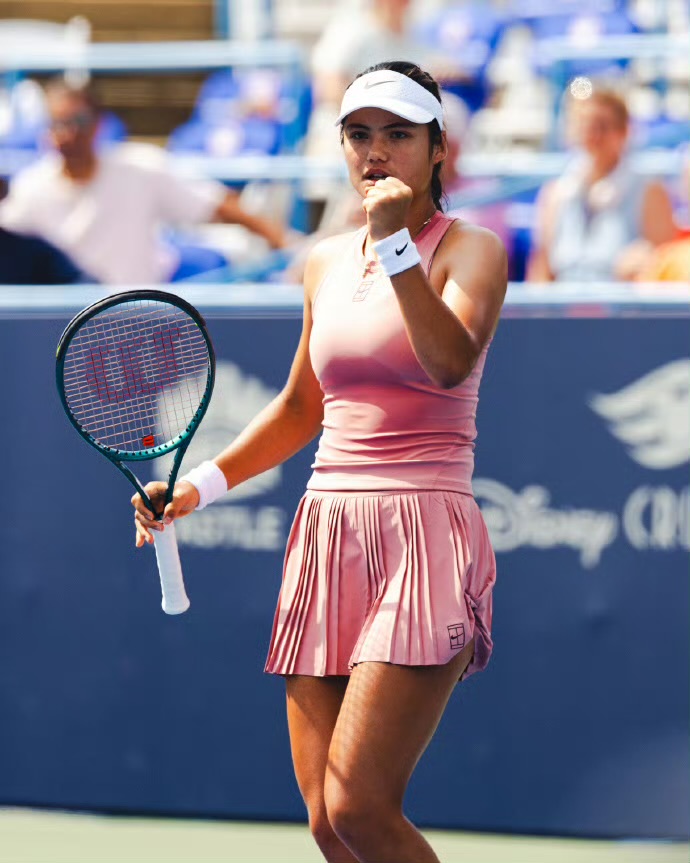
The careers of Raducanu and Osaka exhibit a mirrored symmetry. In 2018, after winning at Indian Wells, Osaka topped the rankings by defeating Serena Williams at the US Open, marking the beginning of a glorious period; in 2021, Raducanu created a fairytale by winning the US Open as a qualifier, becoming the first qualifier to win a Grand Slam title in the Open Era. However, both prodigies faced similar challenges after reaching the pinnacle. Osaka openly discussed her struggles with depression and anxiety, even withdrawing from the French Open; Raducanu, on the other hand, fell into a prolonged slump after the US Open, with her ranking plummeting.
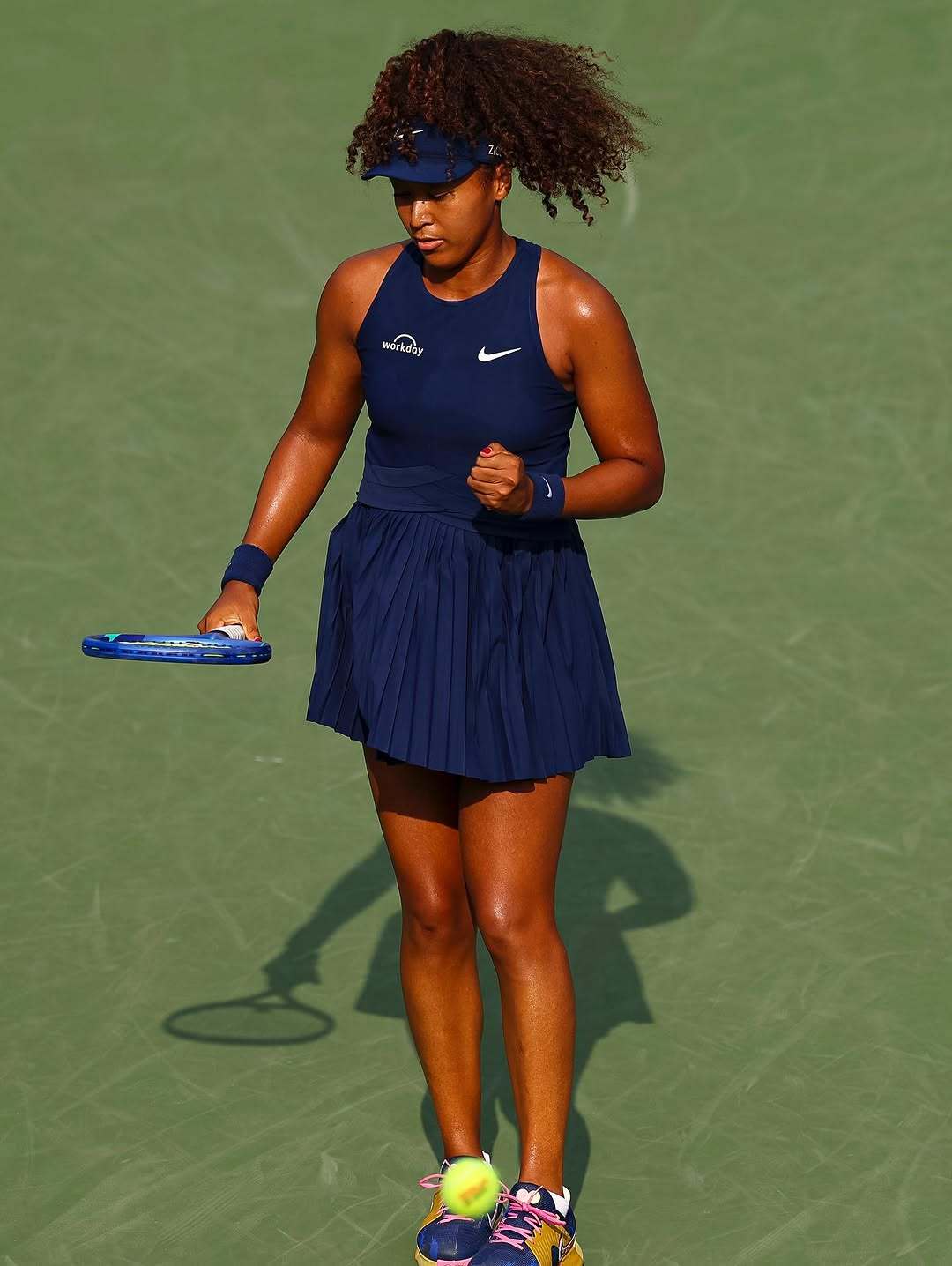
“I feel like we both have started to do better and enjoy the process more,” Raducanu's statement reveals a survival wisdom that professional tennis players must learn: finding balance between achievement and setback. The cruelty of professional tennis lies in its demand for players to possess a steely will to pursue victory while maintaining softness and resilience in the face of failure. This seemingly contradictory requirement often becomes the final straw that breaks young talents. Both Osaka and Raducanu have publicly discussed the challenges of mental health, which is not coincidental but rather an inevitable result of systemic pressures in professional sports.
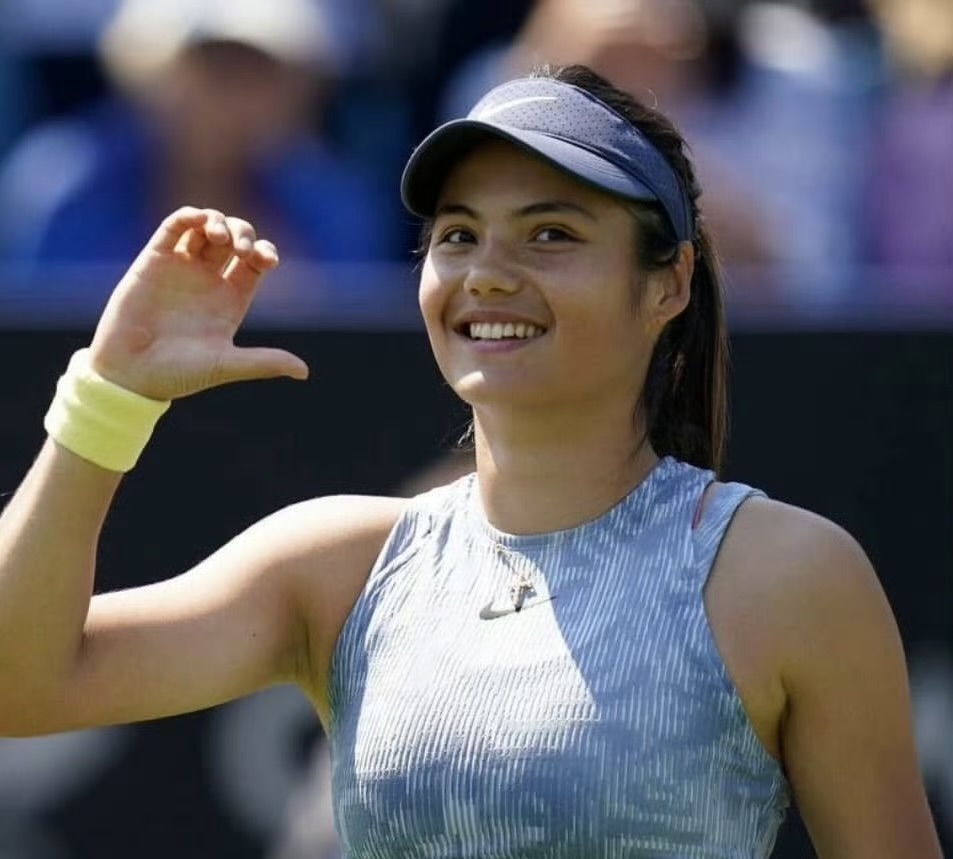
In today's highly commercialized and globalized tennis world, young players face not only on-court opponents but also multiple pressures from media attention, sponsor expectations, and social media evaluations. Raducanu mentioned: “When I won the US Open, I had just graduated from school and was nobody.” This instantaneous transformation from anonymity to global icon can easily lead any young person to lose themselves. In contrast, Osaka's rise was more gradual, but the expectations that came with her four Grand Slam titles also became a heavy burden. The paradox of professional tennis is that success brings both glory and greater pressure, while failure means the risk of being forgotten.
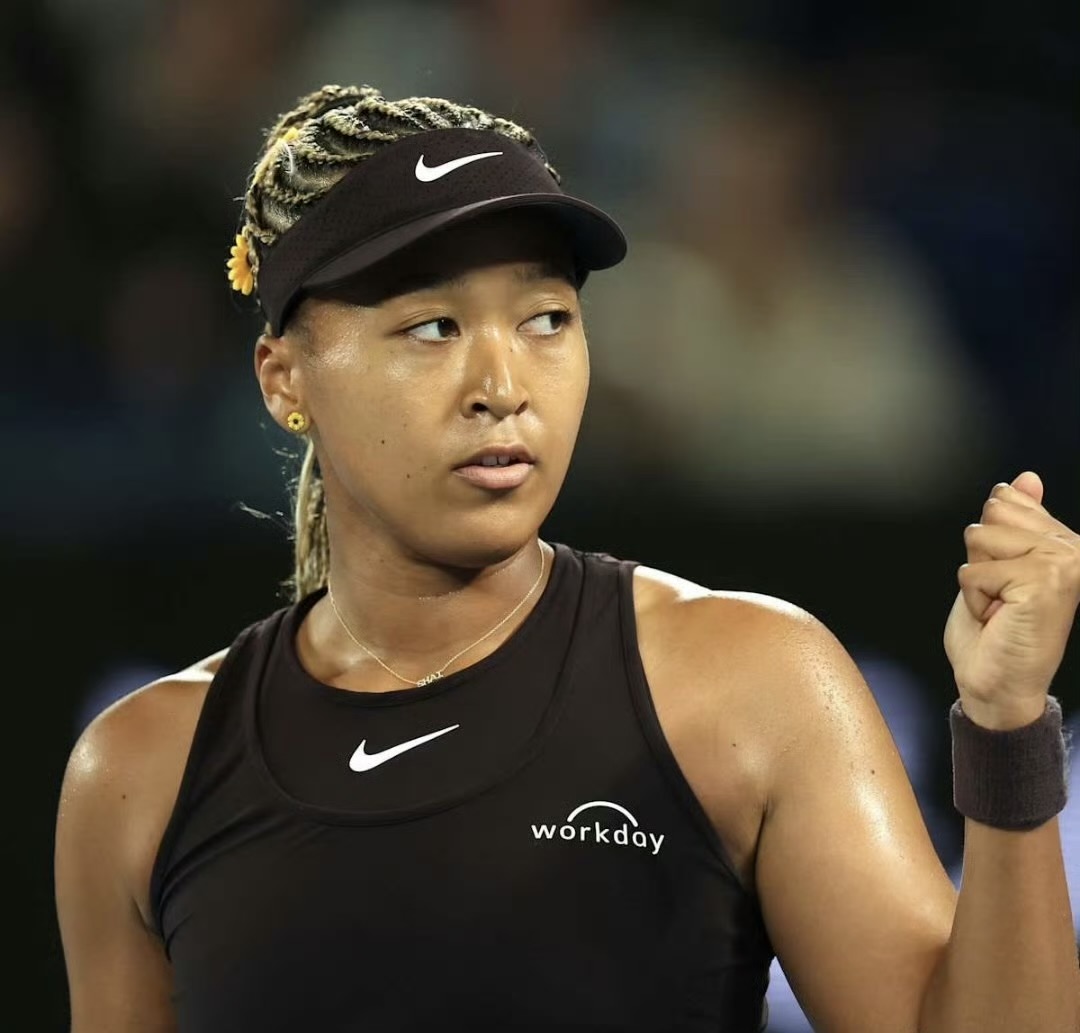
“After going through so many ups and downs, I feel like we both are striving to rise again, and that feels great,” Raducanu's words perhaps encapsulate the most genuine feelings of the two players at this moment. In the context of professional tennis, rising up signifies not only a return to the rankings but also a reconstruction of one's mental state. Osaka returned to the court after giving birth, learning to coexist with her inner demons; Raducanu, in her low point, rediscovered her self-worth, no longer defined by her US Open title, a growth more precious than any trophy.
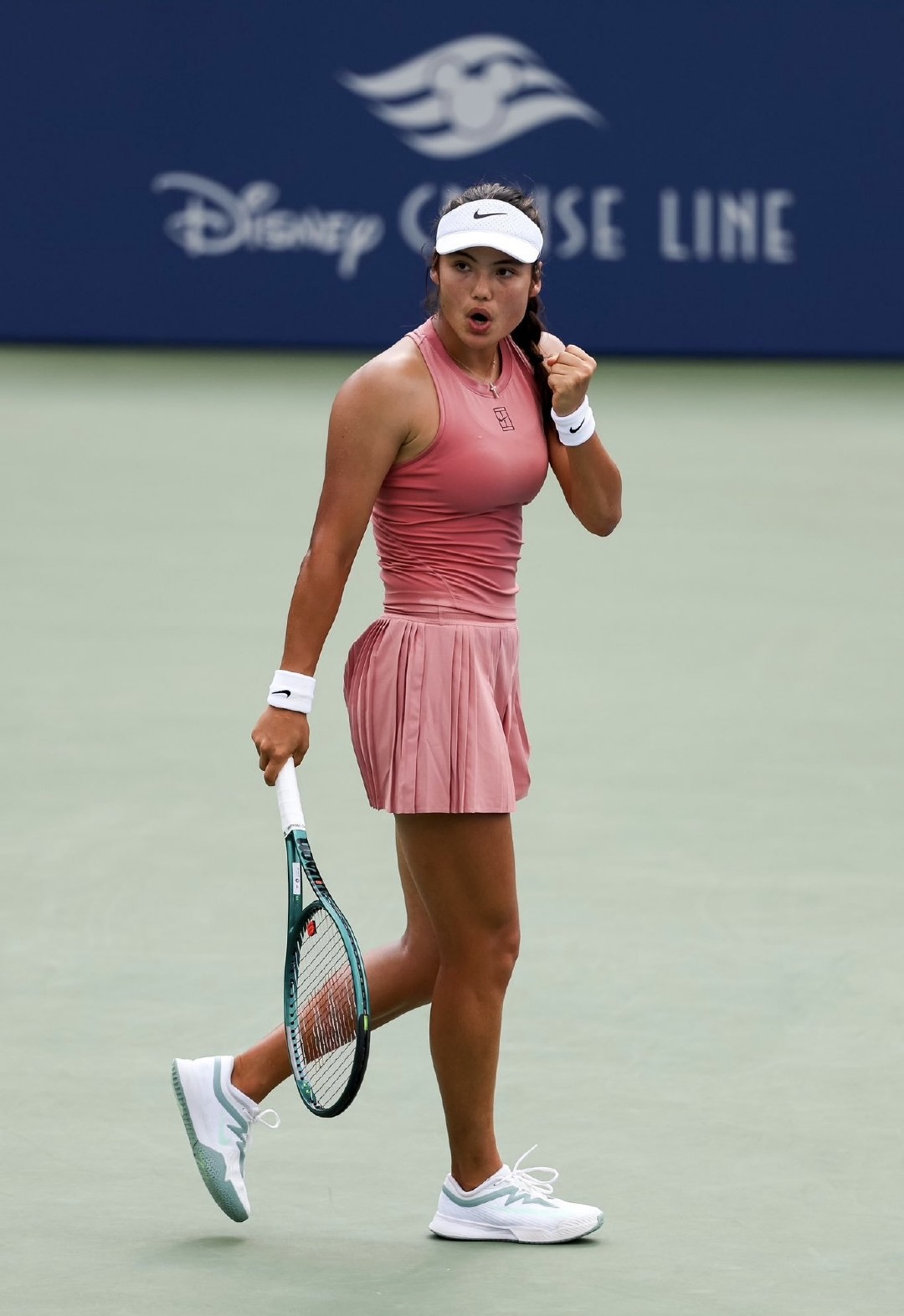
The essence of professional sports is an endless journey of self-overcoming. On this glamorous stage, every player is a lonely warrior, carrying the expectations of the outside world and their inner desires. The stories of Raducanu and Osaka remind us that the glow of championship titles will eventually fade, but the courage to rise again after setbacks, and the perseverance to keep moving forward in solitude, are the most poignant interpretations of the spirit of sports. When these two young players meet in Washington, regardless of the outcome, they have already won something more significant than the match: self-awareness and acceptance.
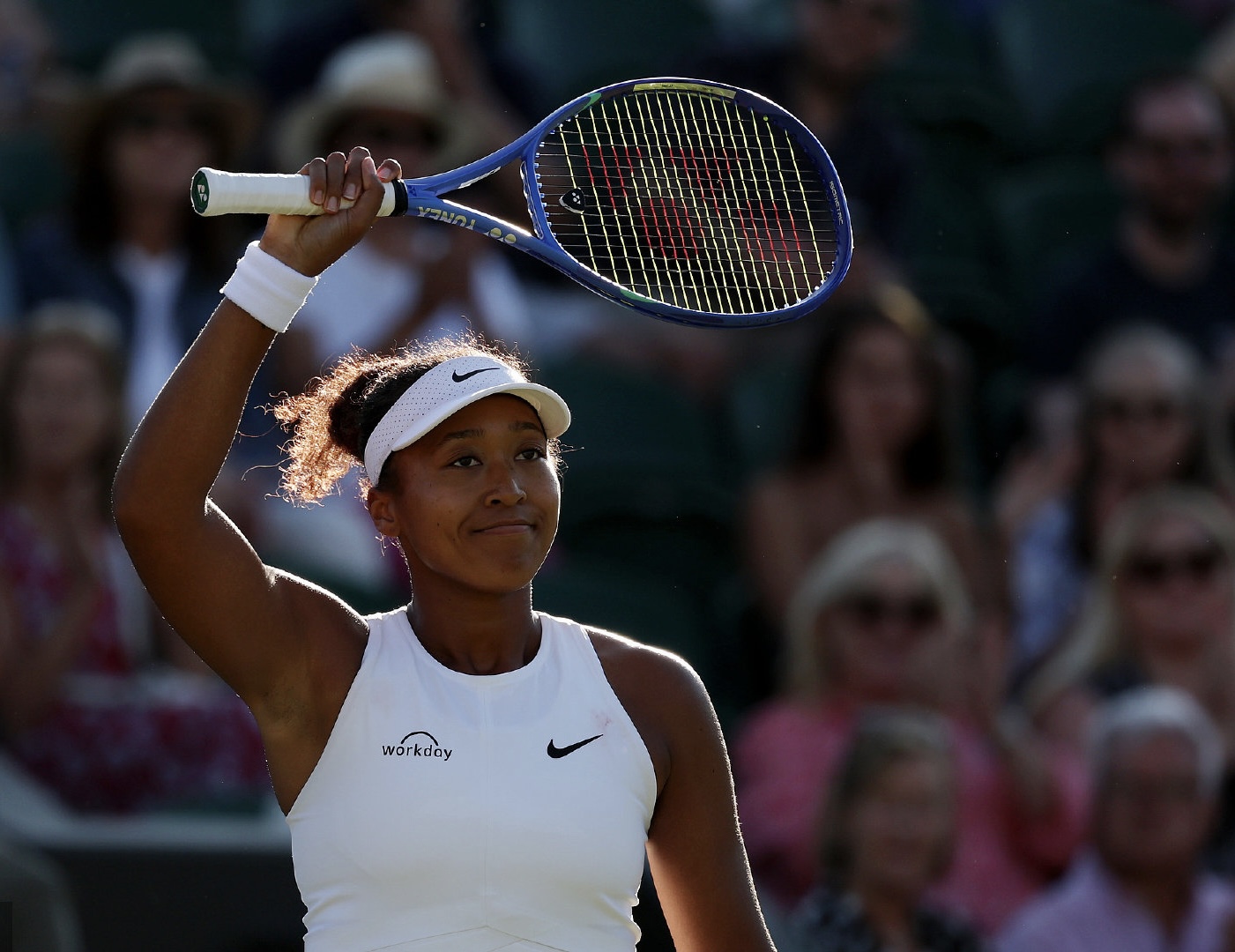
In this era that emphasizes winner-takes-all, we might need to rethink the definition of success. The stories of Raducanu and Osaka teach us that true victory lies not in staying at the peak, but in having the courage to climb back up after hitting rock bottom. Professional tennis acts like a mirror, reflecting the most fragile yet resilient sides of human nature. When the spotlight fades, those scorched meteors continue to search for their own paths in the darkness, which may be the deepest revelation of sports.(Source: Tennis Home, Author: Mei )







 Links
Links
 Contact
Contact
 App
App


